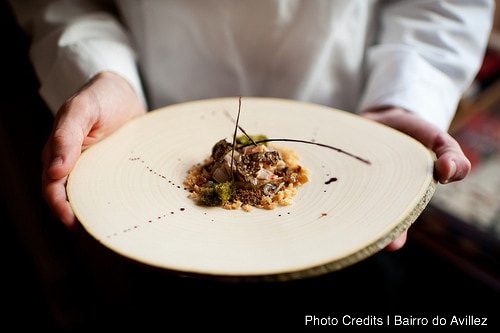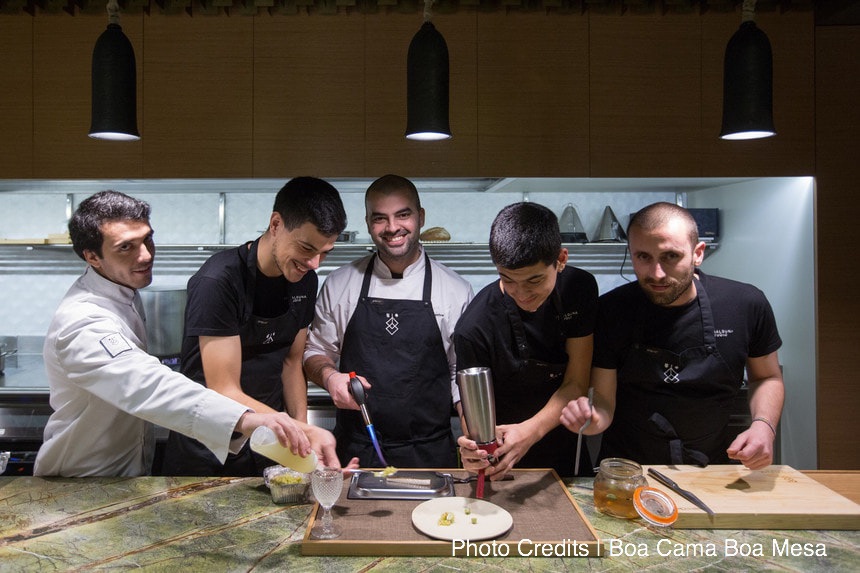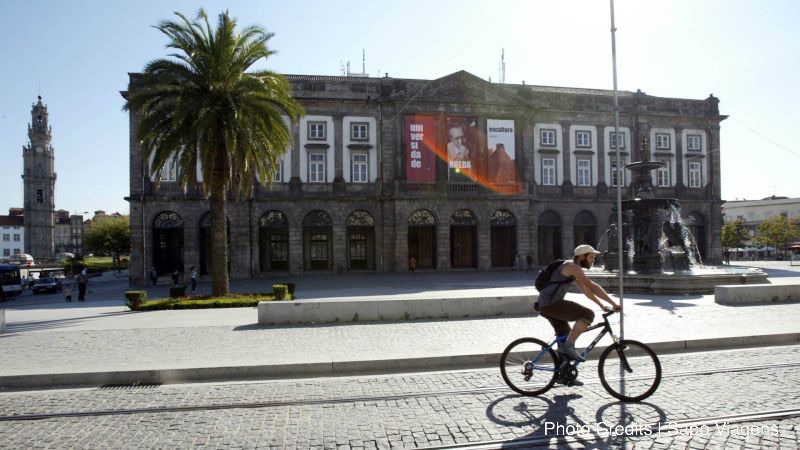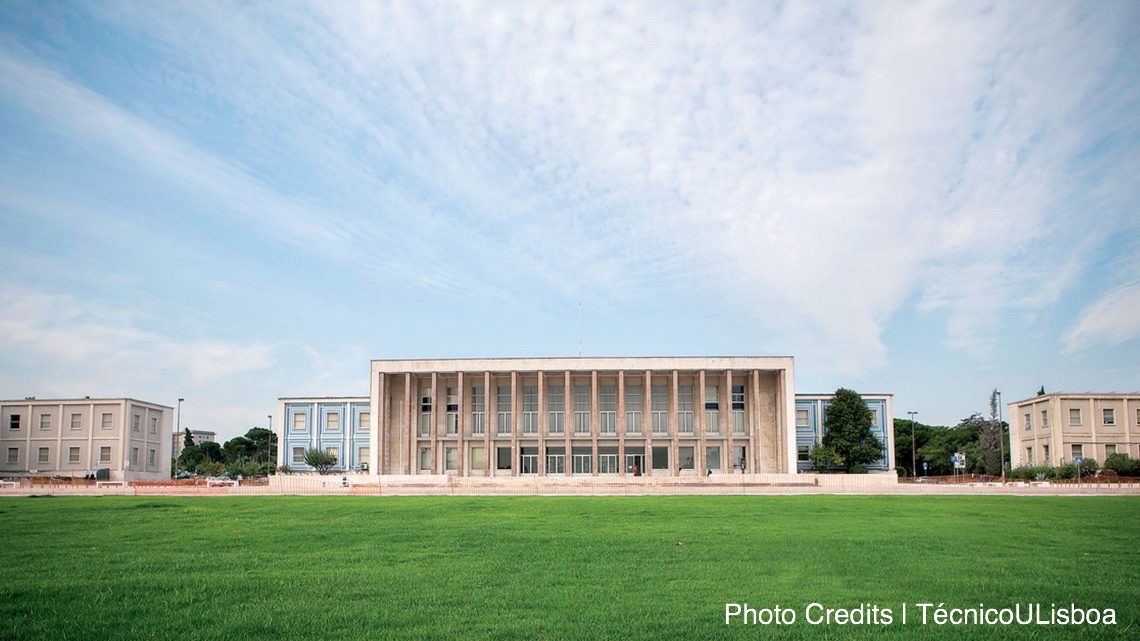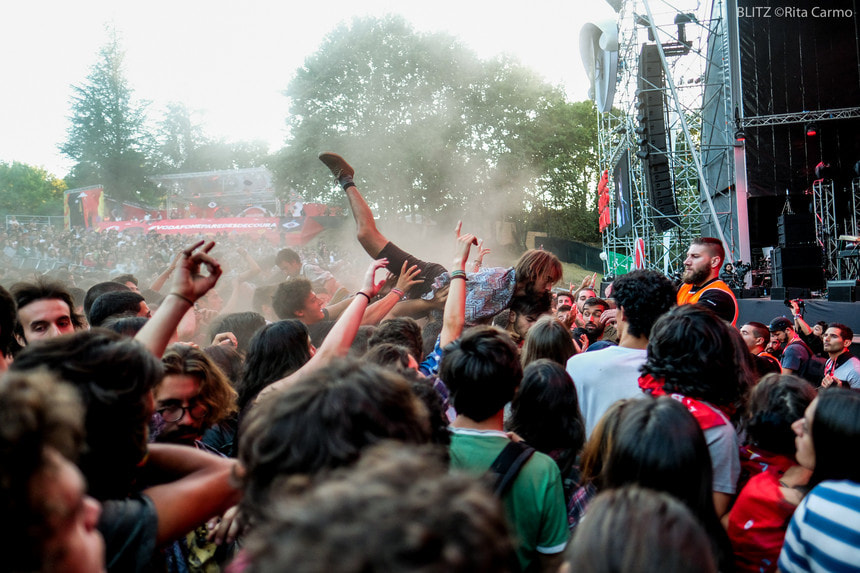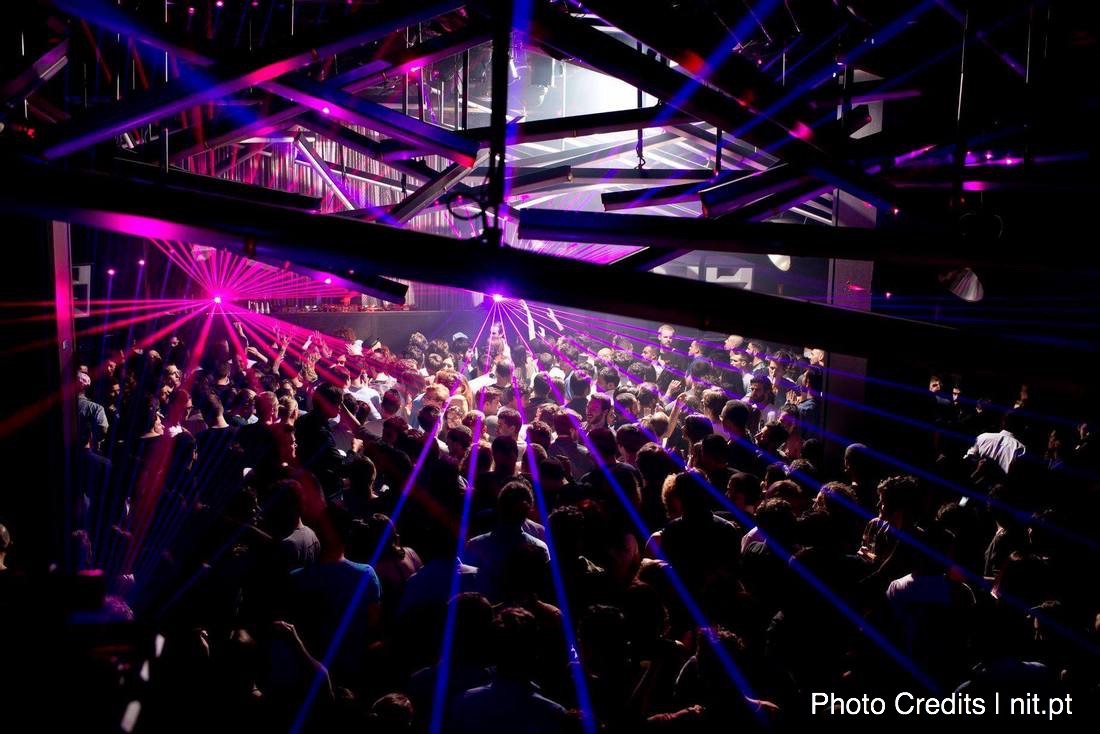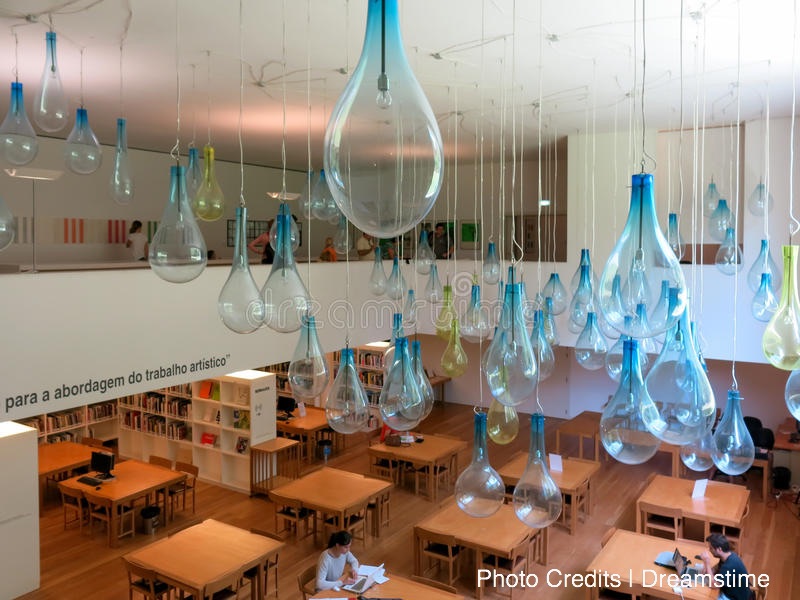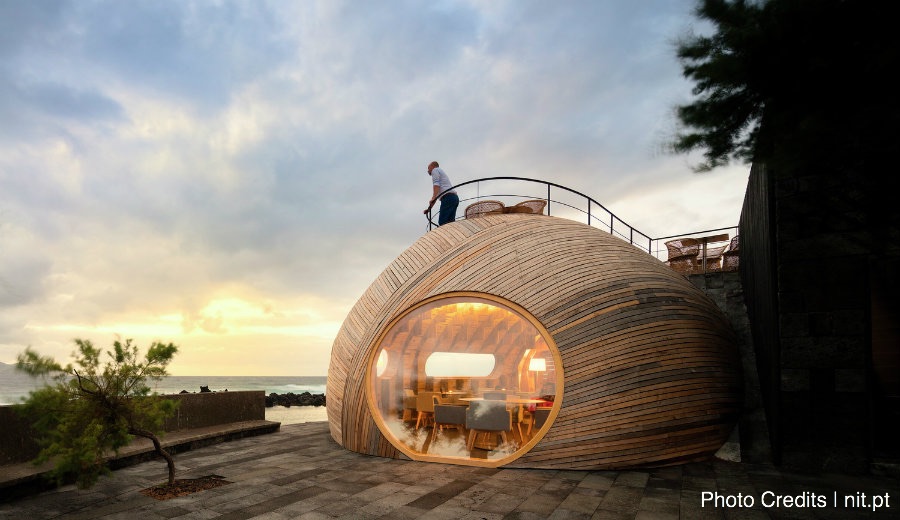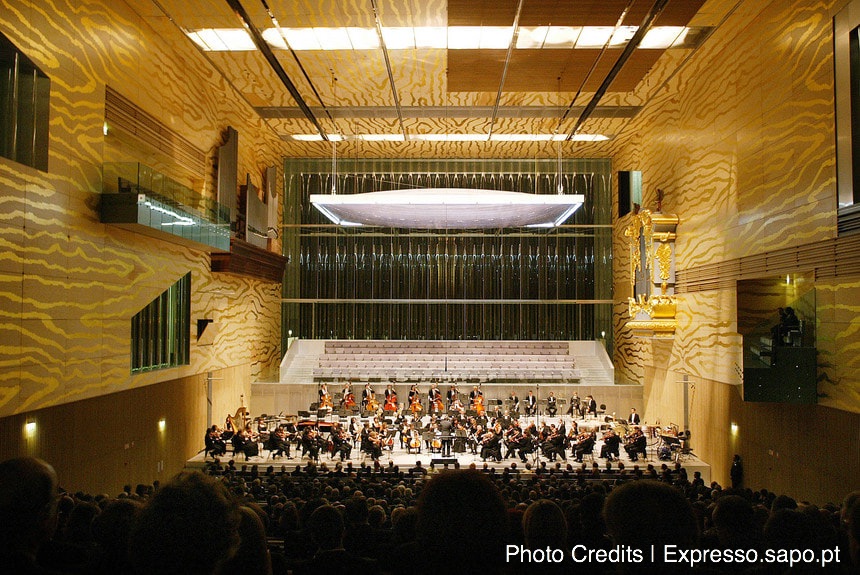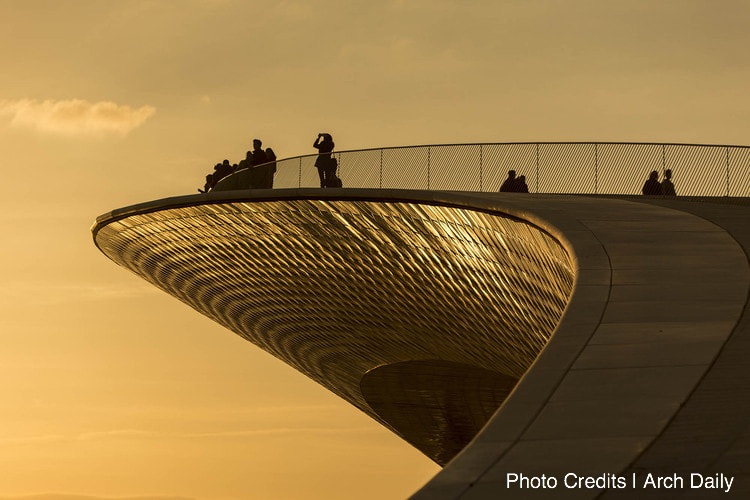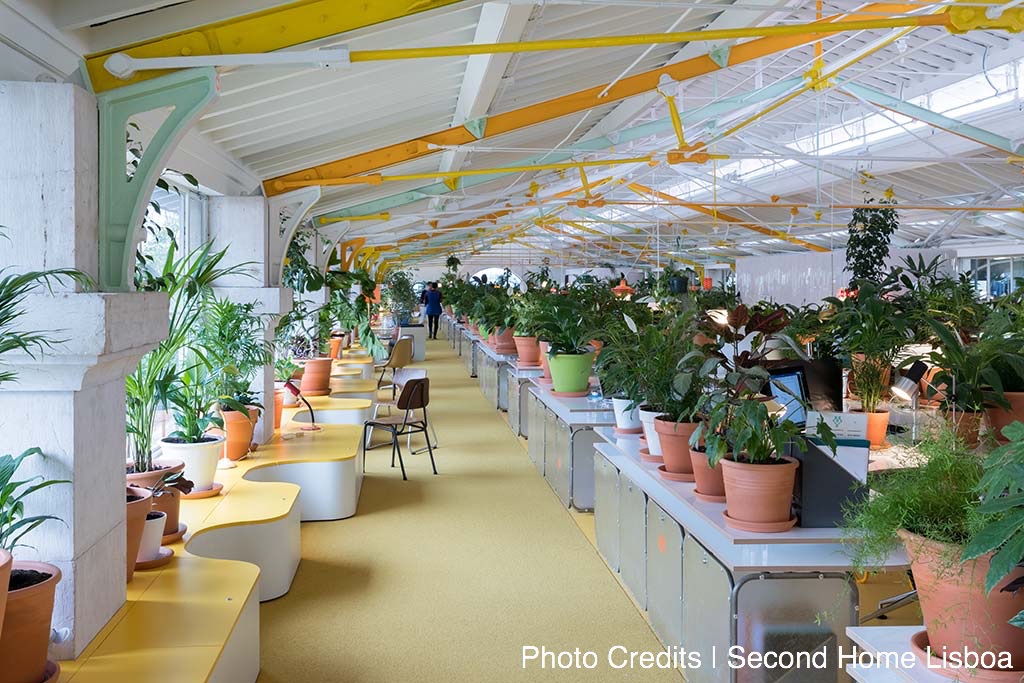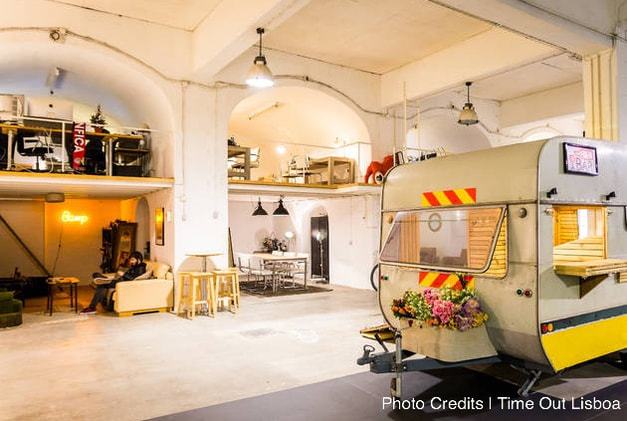|
Portugal is a very old country, actually the oldest nation in Europe, with a very rich heritage. Old traditions have been preserved and passed from generation to generation, and this is part of what makes us so unique. However, the fact that our roots date back to centuries ago doesn’t mean the country is not looking forward to the future. Actually, as you travel throughout Portugal you can witness a curious balance between the old buildings and traditional customs with modern buildings and contemporary initiatives. It’s clear that the Portuguese are exploring new areas, being active in many cultural fields and permanently innovating. Modern Food SceneIt’s a known fact that food plays an important role in our daily lives. Across the country, bold and honest flavours are served in the most traditional and familiar restaurants, where portions are as generous as the people who cook the dishes. But home cooks aren’t chefs and Portugal started investing in the more modern food scene to prove its point. From north to south, but mostly in Lisboa, Algarve and Porto, contemporary and high-quality restaurants have been emerging, where prestigious chefs take inspiration from the local cuisine and create beautiful dishes with different textures and cool techniques. Read this post to understand why we say Portuguese are foodies. Great Quality UniversitiesWith a long history of well-respected universities, Portugal’s higher education system was ranked the 35th best in the world. After Portugal adopted the Bologna Process in 2006 and took part in the common structure for higher education across Europe, there was a notorious increase of foreign students across the country, but also an unprecedented interest in having an experience abroad by the Portuguese students. This brought an exciting cultural mix and created an interesting knowledge exchange by the younger generations. Nightlife and Music FestivalsParticularly in the cities with a strong academic life, there’s always an interesting nightlife. Starting with cool bars where people head to for a couple of drinks and some chilled music, to big clubs that are open till late and where DJ’s blast the speakers till dawn. Lisboa and Porto are undoubtedly the stronger ones with entire blocks of streets devoted to the night owls, but cities as Viseu, Aveiro, Braga and Évora also have interesting spots to wander at night. During the summer time, even some tiny towns have a place on the race. We’re talking about Caminha, Vila Nova de Milfontes and Sagres, holiday destinations that please the younger crowds not only for the nice beaches but also for the cheerful nightlife. Apart from bars and clubs, Portugal is also renown for the amazing music festivals, some of which have more foreigners than actual Portuguese. They take place from north to south, mostly between June and September, and focus on various different music genres, from indie to techno. If you want to read more about some of our favourite music festivals click here. Contemporary Buildings and Awarded ArchitectsStart-Ups and Innovative EnterprisesWhen thinking of Portuguese architecture two names immediately come to mind: Álvaro Siza Vieira and Eduardo Souto de Moura. They’re from Porto and both won a Pritzker, informally known as the noble prize of architecture. They have a mind-blowing portfolio and still they're coming up with ambitious and ground-breaking projects, being a source of inspiration for younger generations. Throughout the country you can find crazy intricate projects, but also buildings with simpler lines that aim to be functional yet beautiful. In Porto you can’t miss Museu de Serralves, designed by Siza. Another great reference in town is the modern concert hall Casa da Música - Music House. In the capital, the recent MAAT - Museum of Art, Architecture and Technology - wow’s who passes by. It was designed by a prestigious British firm and represents an ambition to host national and international exhibitions with contributions by contemporary artists, architects and thinkers. In the islands there are also forward thinking projects. A great example is Cella Bar, in the azorian island of Pico, which was awarded Building of the Year by Archdaily in 2016. Nowadays, there’s also a clear interest in building in an eco and sustainable way… cork houses, energy saving buildings and projects who aim to have low carbon emissions and almost blend with the surrounding landscape are becoming quite popular. After a turbulent period of crisis, the Portuguese government decided to bet on new initiatives. Lisboa is clearly on top of it and is quickly becoming a creative and tech hub, with contemporary enterprises, start-ups and modern co-working spaces. Porto has flourished later, but also has some interesting ventures, incubators and new innovative projects on the go. The annual Web Summit conference boosted the country’s tech fame and attracted many investors. Cool Artistic and Cultural EventsIndependent cinema, dance shows, theatre plays, illustration fairs and many other artistic expressions are gathering new fans. Again, Lisboa and Porto lead the way with events such as DocLisboa and Serralves em Festa. However, against all odds, smaller towns exceed expectations and throw themselves on the arena. Examples to follow are Silves with a World Music Festival, Castelo de Vide and its weekend Andanças that focuses on all sorts of dance and Covilhã with a cool urban art festival. All of the improvements and investments in the different fields mentioned above have clouded the barrier between traditional and contemporary, making Portugal an old (but worth gold) destination. Subscribe to our monthly newsletter to get our news first hand.
0 Comments
Leave a Reply. |
Categories
All
|
Telephone+351 938 503 009
|
|
Turismo de Portugal RNAVT nº 6915
|


